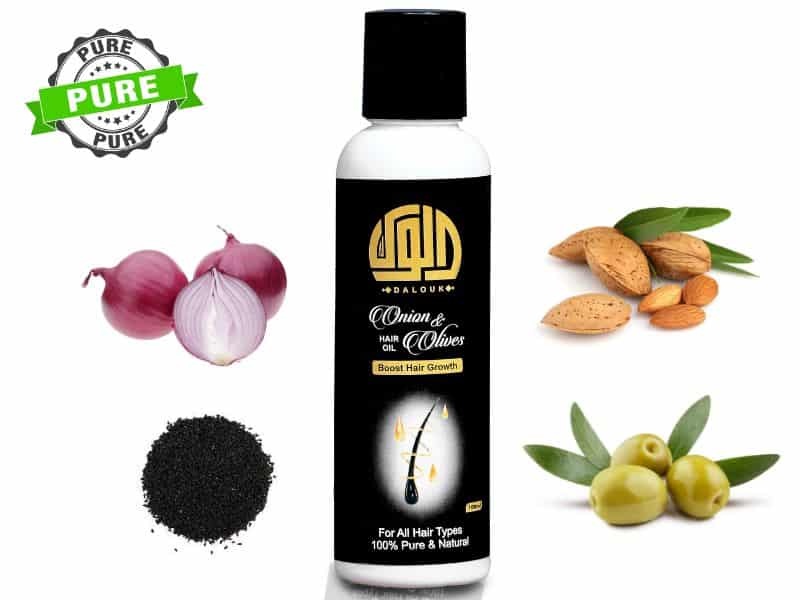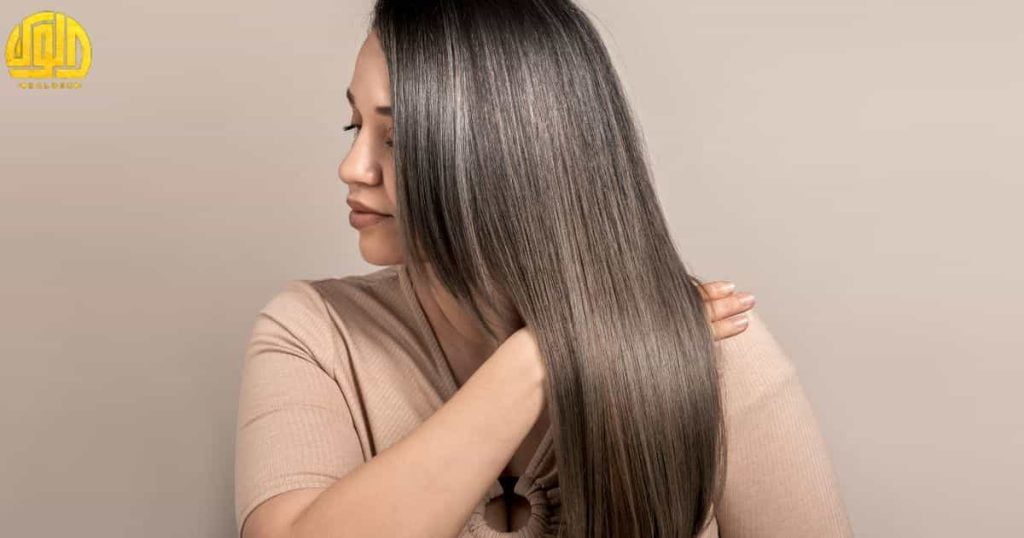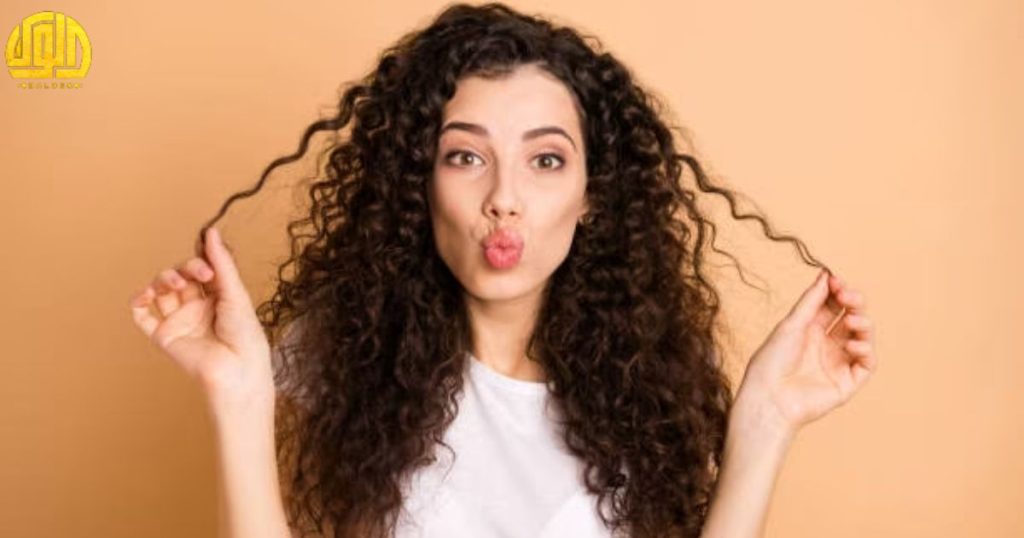You are going to learn quickly how to grow hair fast with our expert and precise opinion. In a world where fast-paced lifestyles and ever-evolving trends dominate our daily routines, the desire for quick and effective solutions is a constant quest. When it comes to hair care, achieving rapid hair growth is a common aspiration for many. The allure of longer, more luscious locks in a short span of time is undeniable.
Whether it’s for a special occasion, a change in style, or simply to boost self-confidence, the notion of growing hair fast has captured the attention of individuals around the world. But the path to accelerated hair growth is often shrouded in myths and misconceptions. In this comprehensive guide, we will delve into the science, the strategies, and the secrets behind how to grow hair fast while maintaining the health and vitality of your tresses.
How To Grow Hair Fast Intro
Hair growth is a complex process that involves the production of new hair cells in the hair follicles. The hair follicles are located in the dermis, which is the middle layer of the skin. Each hair follicle goes through a cycle of growth, rest, and shedding. This cycle is known as the hair growth cycle.
The hair growth cycle
The hair growth cycle has three phases:
- Anagen phase: This is the growth phase, and it lasts for 2-7 years. During the anagen phase, the hair follicle produces new hair cells.
- Catagen phase: This is the transition phase, and it lasts for 2-3 weeks. During the catagen phase, the hair follicle stops producing new hair cells, and the hair shaft begins to shrink.
- Telogen phase: This is the resting phase, and it lasts for 2-3 months. During the telogen phase, the hair follicle rests, and the hair shaft is attached to the follicle by a thin root. Eventually, the hair shaft falls out, and the hair follicle enters the anagen phase again.
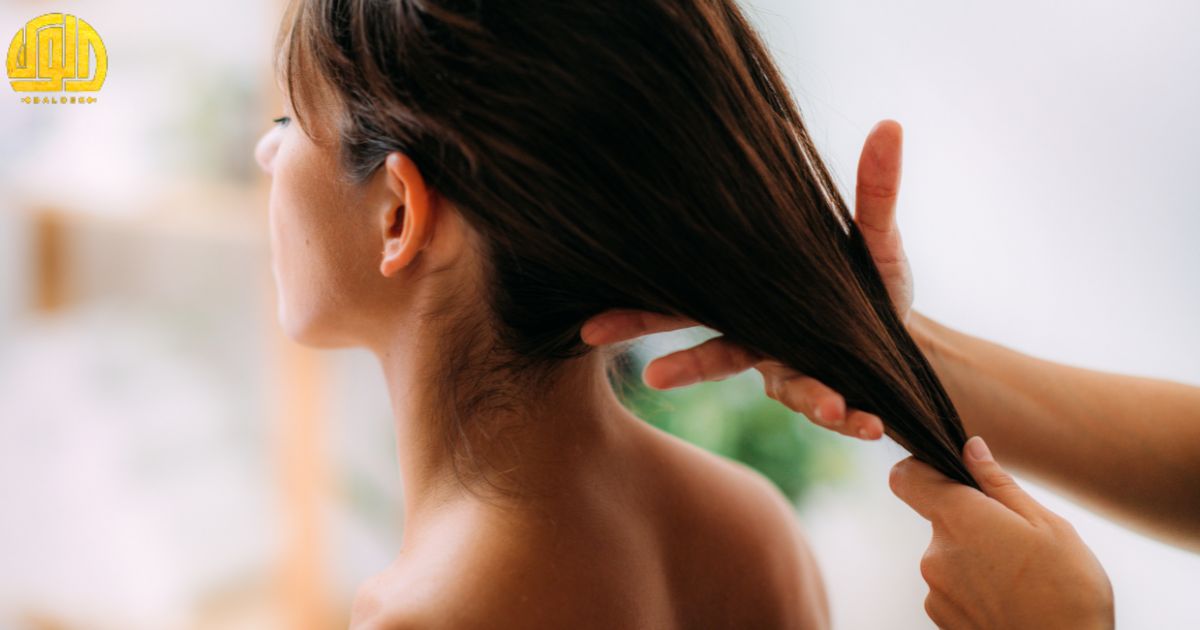
Factors that affect hair growth
A number of factors can affect hair growth, including:
- Genetics: Hair growth is largely determined by genetics. Some people are simply predisposed to having thicker, faster-growing hair than others.
- Age: Hair growth tends to slow down with age. This is because the hair follicles become less active as we get older.
- Hormones: Hormones play a role in hair growth. For example, changes in hormone levels during pregnancy, menopause, and puberty can all affect hair growth.
- Diet and nutrition: A healthy diet is essential for hair growth. Hair is made up of protein, so it is important to consume enough protein-rich foods. Other nutrients that are important for hair growth include iron, zinc, and biotin.
- Stress: Stress can cause hair loss. This is because stress hormones can disrupt the hair growth cycle.
- Medical conditions: Some medical conditions, such as thyroid disease and alopecia areata, can also cause hair loss.
How to grow hair fast: Overview
There are a number of things that you can do to grow your hair faster. These include:
- Eating a healthy diet: Make sure to eat plenty of protein, iron, zinc, and biotin.
- Taking care of your hair: Avoid using harsh chemicals on your hair, and use a gentle shampoo and conditioner.
- Massaging your scalp: Massaging your scalp can help to increase blood flow to the hair follicles, which can promote hair growth.
- Using natural remedies: There are a number of natural remedies that can be used to promote hair growth, such as essential oils and herbs.
- Seeking medical treatment: If you are experiencing significant hair loss, you may want to see a doctor or dermatologist to rule out any underlying medical conditions.
In the following sections, we will discuss each of these topics in more detail. We will also provide specific tips and recommendations for growing hair fast.
Essential Nutrients For Hair Growth
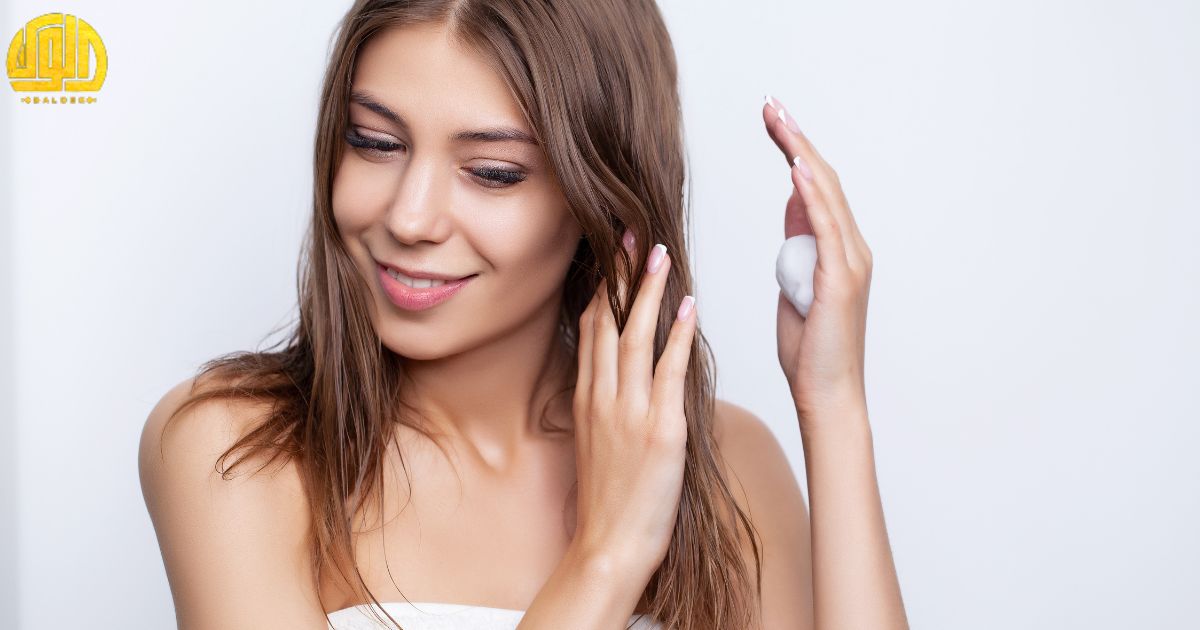
A healthy diet is essential for hair growth. Hair is made up of protein, so it is important to consume enough protein-rich foods. Other nutrients that are important for hair growth include iron, zinc, and biotin.
Protein
Protein is the building block of hair. It is essential for the production of new hair cells. Good sources of protein include meat, poultry, fish, eggs, dairy products, legumes, nuts, and seeds.
Iron
Iron helps to carry oxygen to the hair follicles. This is important for hair growth and scalp health. Good sources of iron include meat, poultry, fish, beans, lentils, and leafy green vegetables.
Zinc
Zinc plays a role in cell growth and repair. It is also important for the production of sebum, which is an oily substance that helps to protect the scalp and hair. Good sources of zinc include meat, poultry, fish, oysters, beans, nuts, and seeds.
Biotin
Biotin is a B vitamin that is essential for hair growth. It helps to produce keratin, which is the protein that makes up hair. Good sources of biotin include eggs, nuts, seeds, and whole grains.
Foods that promote hair growth
Here are some specific foods that can help to promote hair growth:
- Eggs: Eggs are a good source of protein and biotin.
- Salmon: Salmon is a good source of protein, iron, and omega-3 fatty acids. Omega-3 fatty acids can help to reduce inflammation and improve scalp health.
- Sweet potatoes: Sweet potatoes are a good source of beta-carotene, which is converted to vitamin A in the body. Vitamin A is important for cell growth and repair, including hair growth.
- Spinach: Spinach is a good source of iron, zinc, and vitamins A and C.
- Avocados: Avocados are a good source of vitamin E, which is an antioxidant that can protect the hair from damage.
- Nuts and seeds: Nuts and seeds are a good source of protein, iron, zinc, and biotin.
- Yogurt: Yogurt is a good source of protein and calcium. Calcium is important for hair health.
Foods to avoid for hair growth
There are a few foods that you should avoid if you are trying to grow your hair faster. These foods include:
- Processed foods: Processed foods are often high in unhealthy fats, sugar, and sodium. These nutrients can damage the hair and scalp.
- Sugary drinks: Sugary drinks can contribute to inflammation and weight gain. Both of these things can lead to hair loss.
- Alcohol: Alcohol can dehydrate the body, which can lead to dry hair and scalp.
- Smoking: Smoking can damage the hair follicles and lead to hair loss.
By eating a healthy diet that is rich in essential nutrients, you can help to promote hair growth and improve your overall hair health.
How To Wash Your Hair For Hair Growth
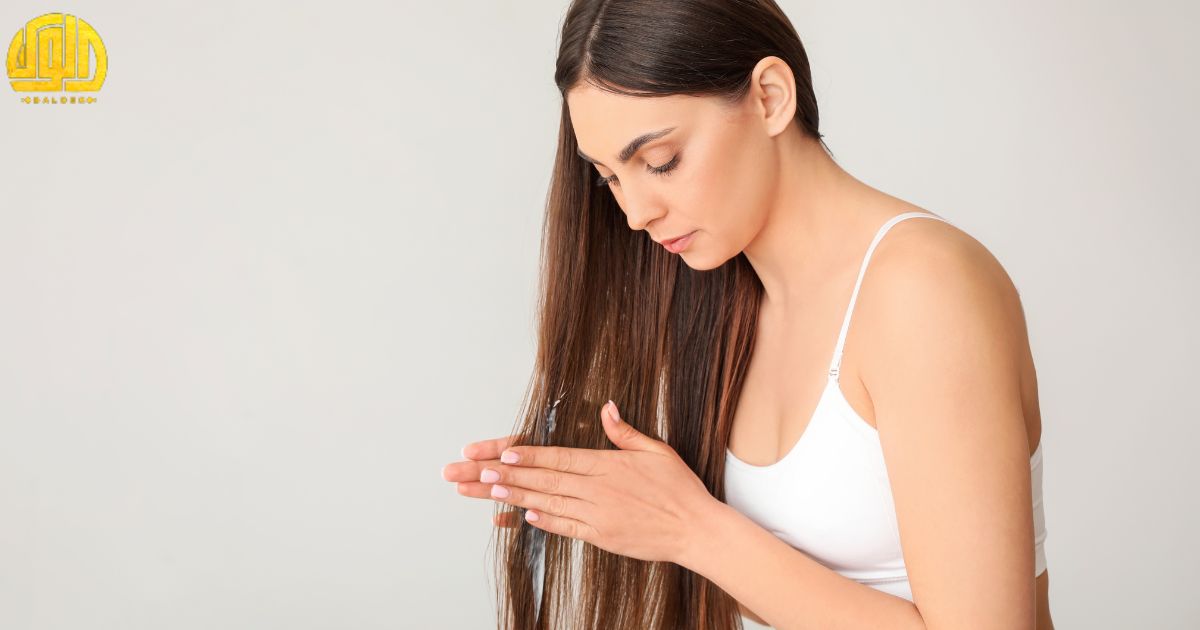
When washing your hair for hair growth, it is important to be gentle and avoid using harsh chemicals. Here are some tips:
- Use a sulfate-free shampoo. Sulfates can strip the hair of its natural oils, making it dry and brittle.
- Apply the shampoo to your scalp and massage it in gently. Avoid scrubbing your hair, as this can damage the hair shaft.
- Rinse your hair thoroughly with lukewarm water.
- Avoid using hot water, as this can dry out your hair and scalp.
How to condition your hair for hair growth
Conditioning your hair is essential for keeping it hydrated and healthy. When choosing a conditioner, look for one that is designed for your hair type. Here are some tips for conditioning your hair for hair growth:
- Apply the conditioner to your hair from the mid-shaft to the ends. Avoid applying conditioner to your scalp, as this can weigh down your hair.
- Leave the conditioner in for a few minutes before rinsing it out.
- Use a wide-tooth comb to detangle your hair while the conditioner is still in.
- Rinse your hair thoroughly with lukewarm water.
How to style your hair for hair growth
When styling your hair for hair growth, it is important to avoid using heat and harsh chemicals. Heat can damage the hair shaft, and harsh chemicals can irritate the scalp. Here are some tips for styling your hair for hair growth:
- Air dry your hair whenever possible.
- If you must use heat styling tools, be sure to use a heat protectant spray first.
- Avoid using tight hairstyles, such as braids and ponytails. These hairstyles can put stress on the hair and lead to breakage.
- Use gentle styling products, such as a leave-in conditioner or mousse.
By following these tips, you can develop a hair care routine that will help to promote hair growth and keep your hair healthy.
Additional tips for styling hair for hair growth:
- Avoid brushing your hair when it is wet, as this is when it is most vulnerable to breakage.
- Use a wide-tooth comb to detangle your hair when it is dry.
- Avoid using hair ties with metal clasps, as these can damage the hair.
- If you are going to be swimming or sunbathing, be sure to protect your hair with a hat or scarf.
By following these tips, you can help to minimize damage to your hair and promote hair growth.
Essential Oils For Hair Growth
Essential oils are concentrated extracts of plants that have a variety of therapeutic properties. Some essential oils have been shown to promote hair growth.
Here are some of the best essential oils for hair growth:
- Peppermint oil: Peppermint oil stimulates blood flow to the scalp, which can promote hair growth.
- Rosemary oil: Rosemary oil is an anti-inflammatory and antioxidant oil that can help to protect the hair follicles from damage.
- Lavender oil: Lavender oil is a calming and relaxing oil that can help to reduce stress, which can be a trigger for hair loss.
- Cedarwood oil: Cedarwood oil is a natural DHT blocker. DHT is a hormone that can contribute to hair loss.
To use essential oils for hair growth, you can add a few drops of the oil to your shampoo, conditioner, or leave-in conditioner. You can also massage the oil directly into your scalp.
Herbs for hair growth
There are a number of herbs that have been used for centuries to promote hair growth. Some of the most popular herbs for hair growth include:
- Amla: Amla is a fruit that is rich in vitamin C, which is important for hair growth. Amla also contains antioxidants that can help to protect the hair follicles from damage.
- Aloe vera: Aloe vera is a plant that is known for its healing properties. Aloe vera can be used to soothe an irritated scalp and promote hair growth.
- Brahmi: Brahmi is an herb that is used to improve scalp circulation and promote hair growth.
- Hibiscus: Hibiscus is a flower that is rich in vitamin C and other nutrients that are important for hair growth. Hibiscus can also be used to condition the hair and reduce dandruff.
To use herbs for hair growth, you can make a hair mask or rinse. To make a hair mask, mix the herb with some water or yogurt and apply it to your scalp and hair. Leave the mask on for 30 minutes before rinsing it out with water. To make a hair rinse, boil the herb in water and then let the water cool. Once the water has cooled, pour it over your hair and scalp.
Massaging for hair growth
Massaging your scalp can help to increase blood flow to the hair follicles, which can promote hair growth. To massage your scalp, use your fingertips to apply gentle pressure to your scalp. Start at the front of your head and work your way back. Massage your scalp for 5-10 minutes each day.
You can also use a scalp massager to massage your scalp. Scalp massagers are designed to stimulate blood flow to the scalp and promote hair growth.
By using essential oils, herbs, and massage, you can naturally promote hair growth and improve your overall hair health.
Additional Tips
- Be consistent with your use of natural remedies. It may take several weeks or months to see results.
- Be patient and don’t get discouraged if you don’t see results immediately.
- If you have any concerns, be sure to talk to your doctor before using any natural remedies.
Medical treatments for hair growth
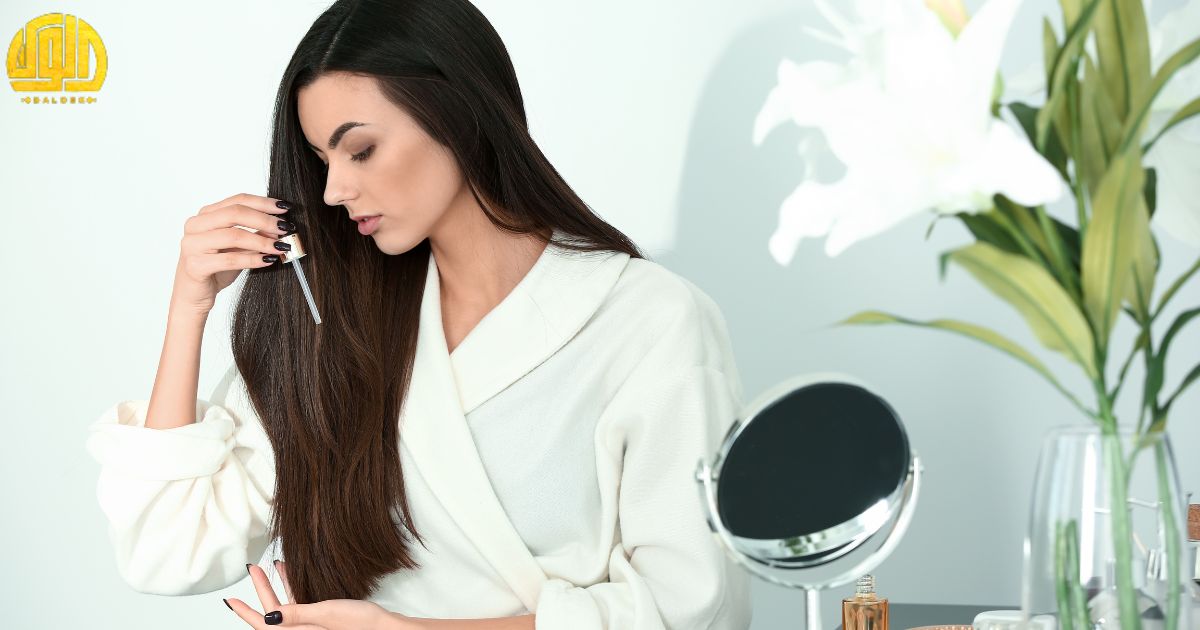
There are a number of medical treatments available for hair loss. The best treatment for you will depend on your individual needs and goals. If you are considering medical treatment for hair loss, be sure to talk to your doctor to discuss the risks and benefits of each treatment option.
Minoxidil (Rogaine)
This is a topical medication that is used to treat hair loss in men and women. Minoxidil is thought to work by increasing blood flow to the hair follicles and stimulating new hair growth.
It is available over-the-counter in two strengths: 2% and 5%. The 5% strength is more effective than the 2% strength, but it can also cause more side effects, such as scalp irritation and itching.
To use minoxidil, simply apply it to your scalp twice a day. It is important to be consistent with your use of minoxidil in order to see results. It may take several months to see new hair growth.
Finasteride (Propecia)
Finasteride is a prescription medication that is used to treat hair loss in men. It is thought to work by blocking the conversion of testosterone to dihydrotestosterone (DHT). DHT is a hormone that can contribute to hair loss.
Finasteride is available in a 1 mg tablet form. It is taken once a day. Finasteride is generally safe and well-tolerated, but it can cause side effects in some men, such as erectile dysfunction and decreased libido.
Platelet-rich plasma (PRP)
Platelet-rich plasma (PRP) is a medical treatment that uses the patient’s own blood platelets to promote hair growth. PRP is thought to work by stimulating the hair follicles and promoting new hair growth.
To perform a PRP treatment, a blood sample is taken from the patient. The blood sample is then centrifuged to separate the platelets from the other blood cells. The platelet-rich plasma is then injected into the scalp.
PRP treatments are typically done once a month for a series of three to six treatments. PRP treatments are generally safe and well-tolerated, but they can cause some side effects, such as pain and bruising at the injection site.
Low-level laser therapy (LLLT)
Low-level laser therapy (LLLT) is a medical treatment that uses low-level lasers to promote hair growth. LLLT is thought to work by stimulating the hair follicles and promoting new hair growth. Result based treatments can be done at home or in a doctor’s office. LLLT treatments typically involve wearing a device that emits low-level lasers for 30 minutes every day.
These treatments are generally safe and well-tolerated, but they can cause some side effects, such as scalp irritation and headaches.
Conclusion
- Hair growth is a complex process that involves the production of new hair cells in the hair follicles.
- There are a number of factors that can affect hair growth, including genetics, age, hormones, diet and nutrition, stress, and medical conditions.
- There are a number of things that you can do to grow your hair faster, including eating a healthy diet, taking care of your hair, massaging your scalp, and using natural remedies.
- If you are experiencing significant hair loss, you may want to see a doctor or dermatologist to rule out any underlying medical conditions.
Tips for growing hair fast
- Eat a healthy diet that is rich in protein, iron, zinc, and biotin.
- Use a sulfate-free shampoo and conditioner.
- Avoid using heat styling tools on your hair.
- Massage your scalp regularly.
- Use natural remedies, such as essential oils and herbs, to promote hair growth.
If you are consistent with your hair care routine and follow these tips, you should see results within a few weeks or months.
Here are some additional tips for growing hair fast:
- Get enough sleep.
- Manage stress.
- Avoid smoking and excessive alcohol consumption.
- Exercise regularly.
By following these tips, you can promote hair growth and keep your hair healthy and strong.

Dr. Fazila Abbas stands as a distinguished expert in the realm of skincare and haircare, bringing a wealth of knowledge and experience to her esteemed position as a specialist. With a fervent dedication to the science of dermatology, Dr. Abbas has carved a niche as a trusted advisor in the pursuit of radiant skin and healthy hair.
Her academic journey includes rigorous training in dermatological sciences, where she honed her skills and gained profound insights into the intricacies of skincare and haircare. Dr. Fazila’s holistic approach to beauty emphasizes the integration of medical expertise with personalized care, ensuring that each individual receives tailored solutions for their unique needs. As a respected professional, she continues to contribute to the field through research, innovative treatments, and a commitment to empowering others to look and feel their best. Driven by a passion for transformative skincare and haircare, Dr. Fazila Abbas stands as a beacon of excellence in the world of dermatology.

